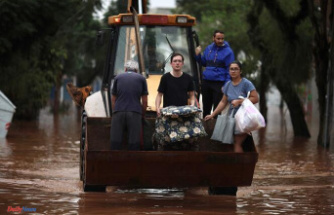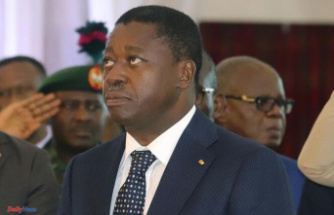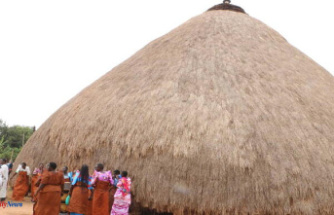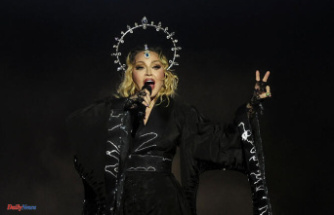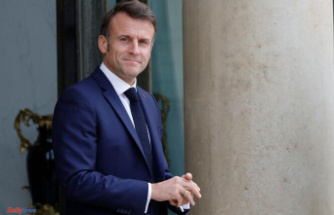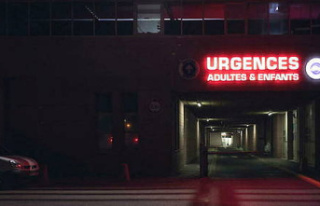The Senegalese government announced Tuesday, June 6 the temporary closure of its consulates general abroad following attacks against a number of them amid high tensions on the national territory. "This precautionary measure follows the series of attacks recently perpetrated against the diplomatic and consular missions of Senegal abroad, in particular in Paris, Bordeaux (France), Milan (Italy) and New York", indicated the Ministry of Foreign Affairs. Foreign Affairs in a statement posted on social media.
He reports "serious damage", particularly in Milan where the machines for the production of passports and identity cards were, according to him, destroyed.
Consulates will reopen "when material and security conditions permit," he said.
Senegal experienced its worst troubles in years between June 1 and 3 after opponent Ousmane Sonko was sentenced to two years in prison in a morality case. This conviction of a personality popular in youth and underprivileged circles makes him in the current state ineligible for the presidential election of 2024.
Ousmane Sonko has continued to cry out for the conspiracy of power to exclude him from the election, which the power refutes.
The sentencing sparked clashes that left at least 16 people dead and extensive damage. It gave rise to demonstrations abroad.
The government and the opposition blamed each other for the violence. The presidential camp invoked the calls for "insurrection" launched according to him by the opponent Sonko to escape justice. He denounced the unrest as an attempt to destabilize the state.
The rights NGO Human Rights Watch called for the immediate opening of an "independent and credible investigation into the violence". She also noted in a statement that "excessive use of force and arbitrary arrests" have become common since 2021, and that in recent months authorities have "cracked down opposition members, the media and the dissent". She sees the recent outburst as a "worrying sign" in view of the presidential election.
On Monday, three renowned Senegalese intellectuals, Mohamed Mbougar Sarr, Boubacar Boris Diop and Felwine Sarr, blamed the violence on President Macky Sall's "authoritarian drift" and the plan they attribute to him to run for a third term in 2024, despite the constitutional objections of many.
An adviser to the president, Yoro Dia, responded in an online media op-ed criticizing them for a "fundamentally partisan" text that ignores "permanent calls for insurrection" from Ousmane Sonko's party. "This text, unlike Zola's 'J'accuse' which was like a 'crack of a match in a dark night' to speak like Mbougar, will be like the tracks of a camel in a sandstorm," said he said.
The head of state has so far remained silent on the events, despite calls for him to speak out. He paid an unannounced visit late Monday evening to the Caliph General of the Mourides, a powerful religious brotherhood, the government daily Le Soleil reported. The caliph, Serigne Mountakha Mbacké, and religious dignitaries are considered to exert considerable influence in politics. The content of the talks was not disclosed. But "the wisdom of his (caliph's) advice in certain situations can contribute to the return of peace and stability to Senegal," says Le Soleil.


